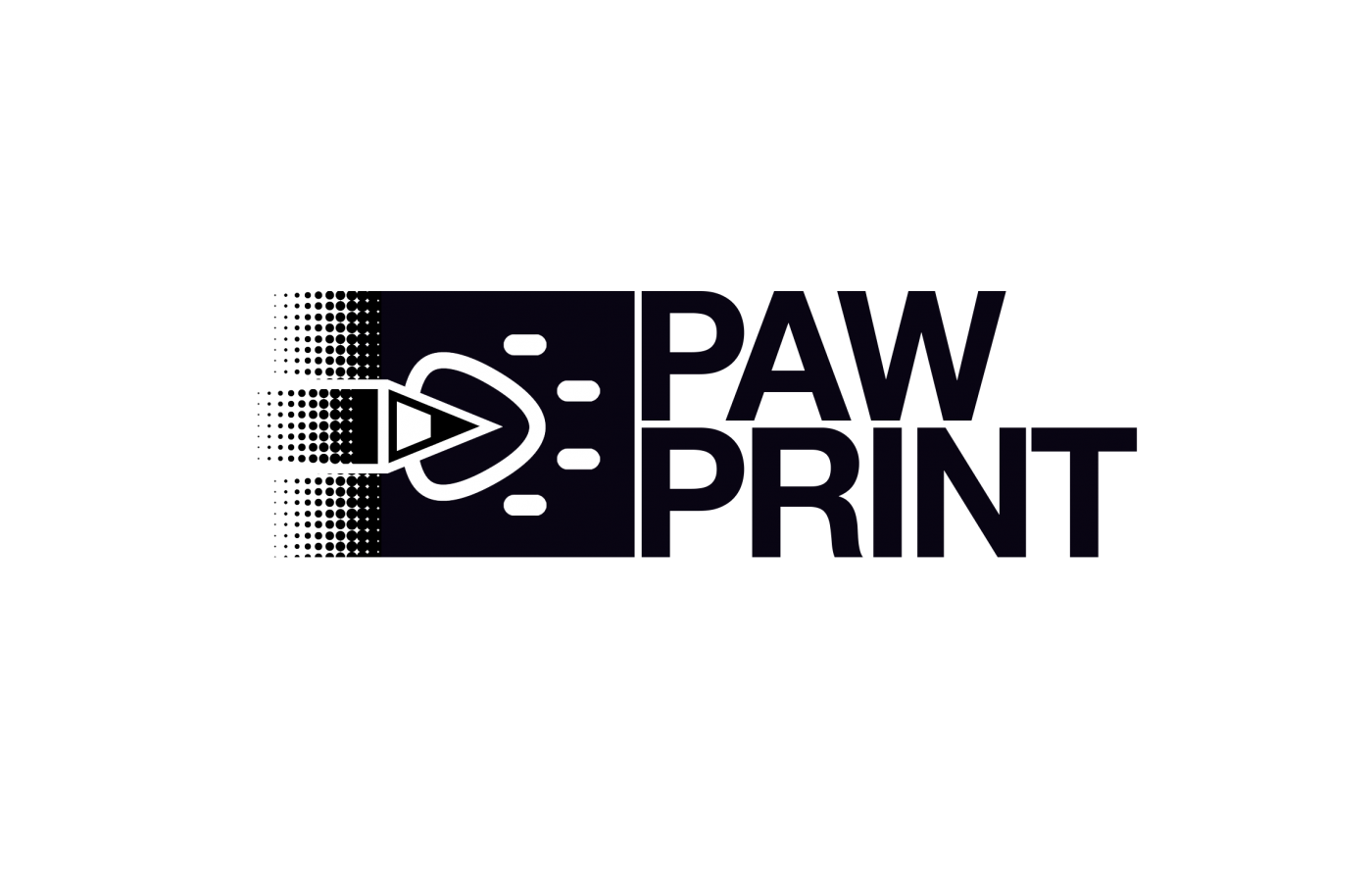Why You Should Learn Programming NOW!
Programming. Computer Science. What is the first thing that pops into your mind when you hear those words? For me, I hear the clacking of a mechanical keyboard, the changing colors of keywords against a black screen, and a soothing hum of the computer fan.
Then again, I’m going to major in computer science, so I might be biased.
Others imagine boring hours of slaving over a computer screen, possibly in a cubicle, working for a company that they probably hate. Or they imagine a dropout making video games in his parents’ basement at the ripe age of twenty-five.
I’m here to dismiss such negative attitudes towards computer science and programmers. There are many misconceptions about the field that dissuade people from pursuing it or express interest in it. While it may not be for everyone, there are several reasons why learning how to program can help you in the future, whether or not you pursue a career in computers/technology.
1. Learning to program is like learning a new language, but easier.
First of all, all computers run off of code. Code is simply the instructions given to a computer to tell it what to do, written in a language that the computer can understand. Learning these languages is similar to learning languages in real life: there is vocabulary, syntax, and semantics. It works the same way that “John yellow.” isn’t a sentence as to “2 + blue” will confuse your computer. The plus about programming languages is that there are no weird language inconsistencies. There are no silent letters (pneumonia) or odd pronunciations (‘shoe’ doesn’t rhyme with ‘foe’). A programming language simplifies all the rules that it has. While this makes it more rigid, you do not need to learn special words or ways to pronounce and spell like you would learning English, Spanish, or French.
2. Less expensive.
Learning to program will save you money and time, and not just you, but your family and friends as well. I’m sure we’ve all run into the issue of a computer not working or a printer not hooking up correctly, or one of our applications corrupting and not opening. Taking your computer into Best Buy or the Apple Store will take hours, if not days, to fix an issue as many other people are waiting to have their electronics repaired, too. If you know how to program, you can go into the code and fix it yourself rather than paying other people to do it for you. Not only that, but you can help out friends and family when they run into these issues as well. Note: this only applies to programming issues. If you spill soda on your computer, you cannot use code to fix it.
3. Jobs, jobs, jobs.
We are living in the Information Age, and computers and the Internet lie at the center of this era. Programming may not be for everyone, which may become an issue for America’s future job market. According to U.S. News, by 2020, there will be 1.4 million new computer science jobs around the nation, but only 400,000 computer science students. It’s a fact: people will always need computers, and people will always need people that know how to work them. Unlike other career fields where job markets are extremely competitive and decreasing in the number of available jobs, computer science appears to be increasing. This corresponds to the rising accessibility and usage of technology around the world.
I’m not saying to drop your dream job and pursue computer science. I’m saying that should you have a background in programming, so that if your original career plans don’t work out, your programming knowledge can land you a job in computer science (or other fields) relatively easy. Programming has a reasonably safe job market, so should your dream job run out of slots, you can always look to a career with computers to keep you employed.


